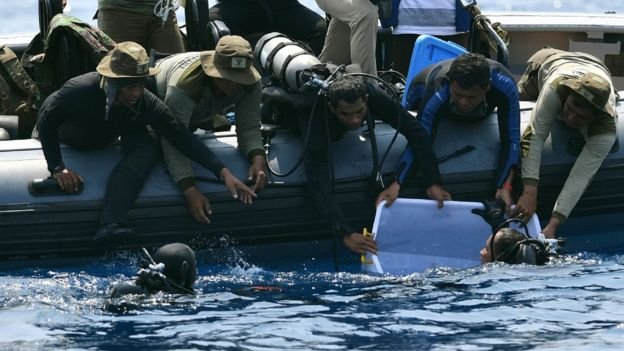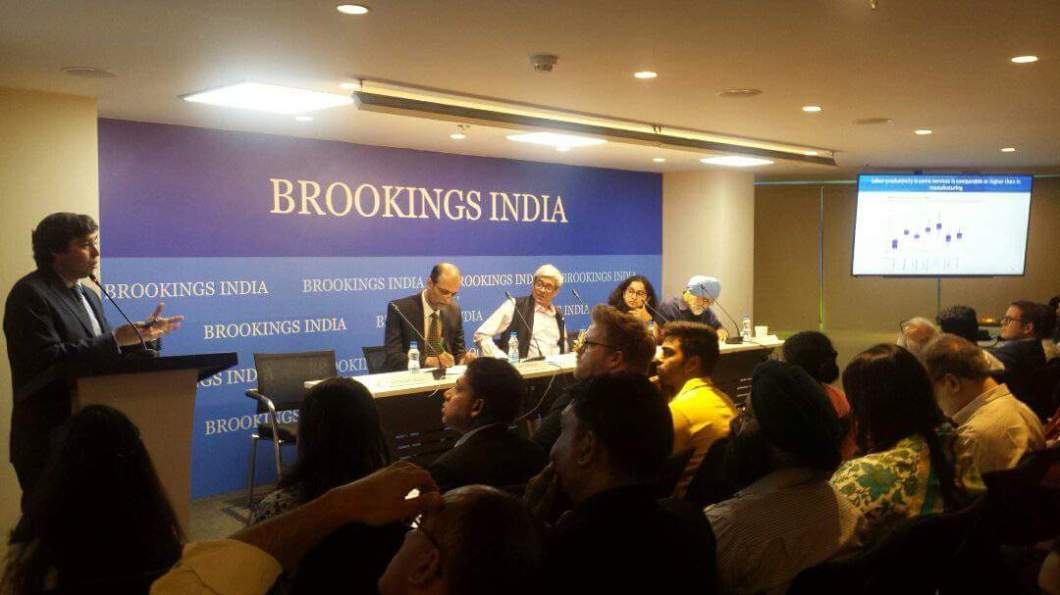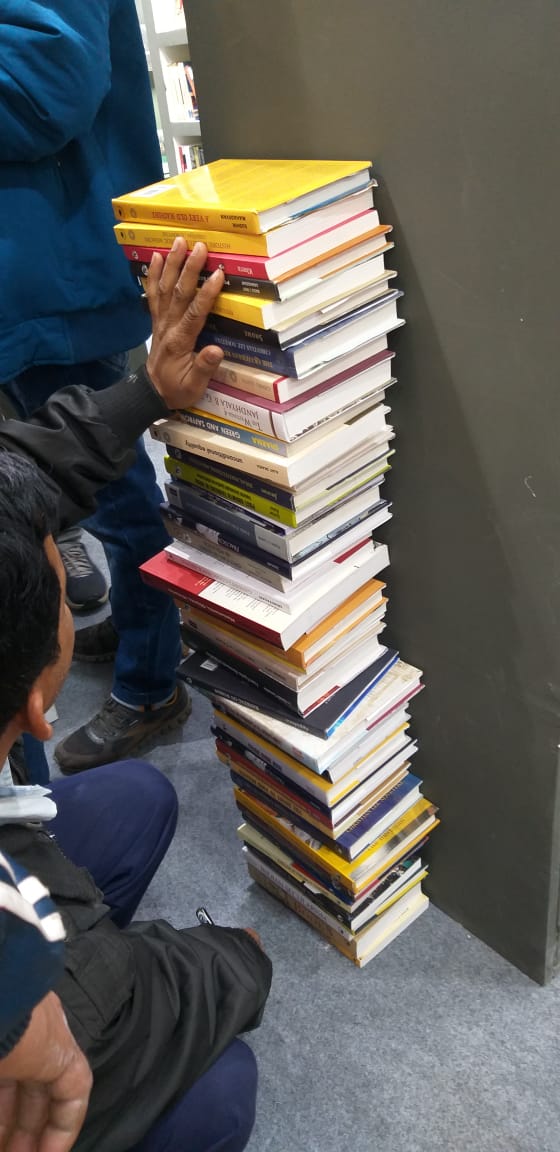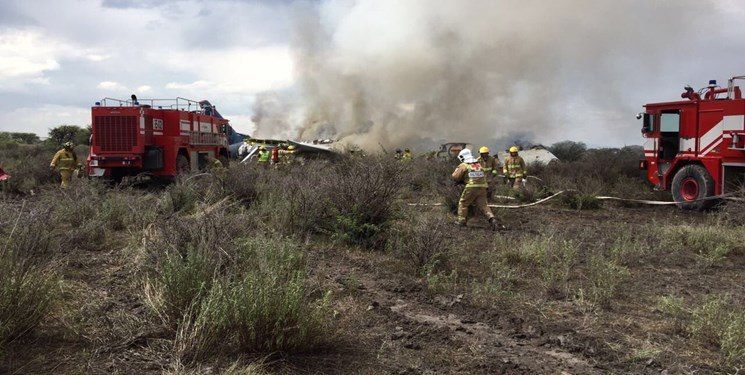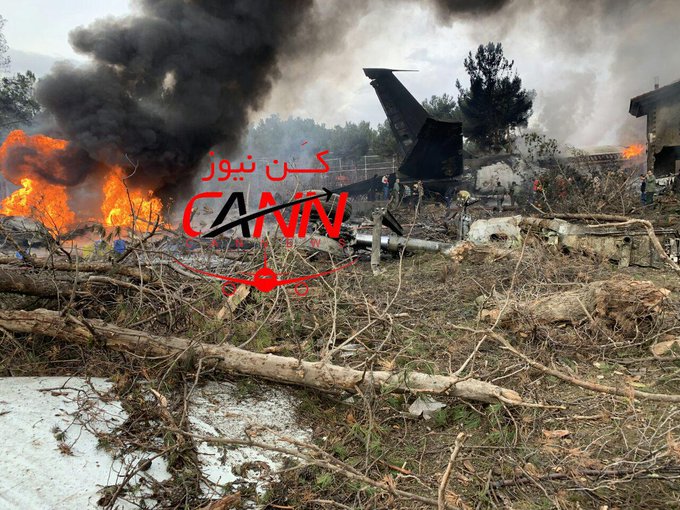New Delhi World Book Fair Concludes with a Message that Books are Alive & Kicking
The nine-day long New Delhi World Book Fair 2019, organised by National Book Trust, India came to a close on Sunday. The last day of the Fair saw a huge rush of young and old alike. The visitors bought books enthusiastically as the festival of books was coming to an end. The booklovers were happy to carry huge bags of books and the parents were pleased to see their children showing keen interest in books. Over the past few years, the number of booklovers visiting the Fair has grown substantially, which reflects the fact that the habit of reading has not diminished. The book fair this year was a huge success with over nine lakh book lovers having visited the fair.
Theme Pavilion
The theme pavilion ‘Books for Readers with Special Needs’ attracted the attention of booklovers, especially persons with special needs. The theme pavilion exhibited panels, posters, useful materials and over 500 books for persons with special needs. During the Fair, several programmes including discussions, interactions with differently-abled celebrities were organised. Many visitors appreciated this year’s theme and observed that the theme sensitized people about the various issues related to the persons with special needs.
A discussion on ‘Dhyey Ko Kaise Sadhe’ (how to achieve goal) was organised at the Theme Pavilion on Sunday. The speakers observed that we all make an objective in life and to achieve it we need to have patience and need to work really hard. The speakers on the occasion were: Shri Bhushan Toshniwal, youth icon from Pune; Ms Suvarna Raj,para-athlete; Shri T.D. Dhariyal, Commissioner for Persons with Disabilities, among others.
A stall by TouchVision was also put up at the Pavilion, which works for the persons with visual-impairment. It is a multisensory inclusive education platform comprising of tactile diagrams, books, recreational material, storybooks, games, assisted by simultaneous audios powered by the mobile app.
Author’s Corner
A discussion on the book, Hunger’s Daughters,’ was organised at the Author’s Corner, Hall No. 8. Ms Bhumika Popli, Delhi-based journalist had a discussion with the author of the book, Nirmala Govindarajan. The book talks about the lives of tribal people living in Odisha and Chhattisgarh. The author remarked that a change is definitely needed to make lives of tribes better.
A discussion on different aspects of literature and culture of Himachal Pradesh was organised at Lekhak Manch. The speakers on the occasion were Dr Kuldip Chand Agnihotri, Vice-Chancellor, Central University of Himachal Pradesh; Prof. Puranchand Tondon, University of Delhi; Dr Indra Singh, Dr Karma Singh, Ms Rupeshwari Sharma, Shri Virendra Sharma among others. The session was coordinated by Dr Om Prakash Sharma.
A book release function was organised by Bhartiya Jnanpith at Lekhak Manch. The special guests on the occasion were: Prof. Madanmohan Agrawal, Prof. Jai Kumar Upadhayay, Dr Krishanan among others. During the session, books published by Bhartiya Jnanpith like Jain Dharma Parichay and Sanskrit Kavya Ke Vikas Mein Jain Kaviyon Ka Yogdaan were released.
Children’s Pavilion
At Children’s Pavilion, Hall no. 7E, a bustling crowd of children participated and enacted various enthusiastic performances. The event started off by a play performed by the students of Punjabi Islamia School, on the importance of Girl Child Education. The children brilliantly portrayed the current situation of our society towards girl child and how it is a grave matter of concern.
A Nukkad Natak was organised by the children of Chetna India on Pollution. In their play, the children enacted as different forms of pollution that harm the environment such a radiation, air pollution, etc. The play was written by the members of Chetna India, Shri Ashok Agrohi and Anita Gupta. Mr. Sunil Jain Rahi anchored the play.
The Jammu and Kashmir Academy of Art and Literature organised a story telling session for the children. Dr. Gauri Shankar Raina and Dr. Usha Kher talked about the beauty of Kashmir and about the most revered poetess of Kashmir ‘Lal Ded’. The speakers read some of her poems in Kashmiri language, and explained each verse in English to children. Dr. Aziz Hajini, Secretary, Jammu & Kashmir Academy of Art and Literature, also interacted with the children, telling them about the most beautiful and popular places in Kashmir, their characteristics and history.
The event concluded with an amazing Kathak dance by children of Navratan Foundation.

